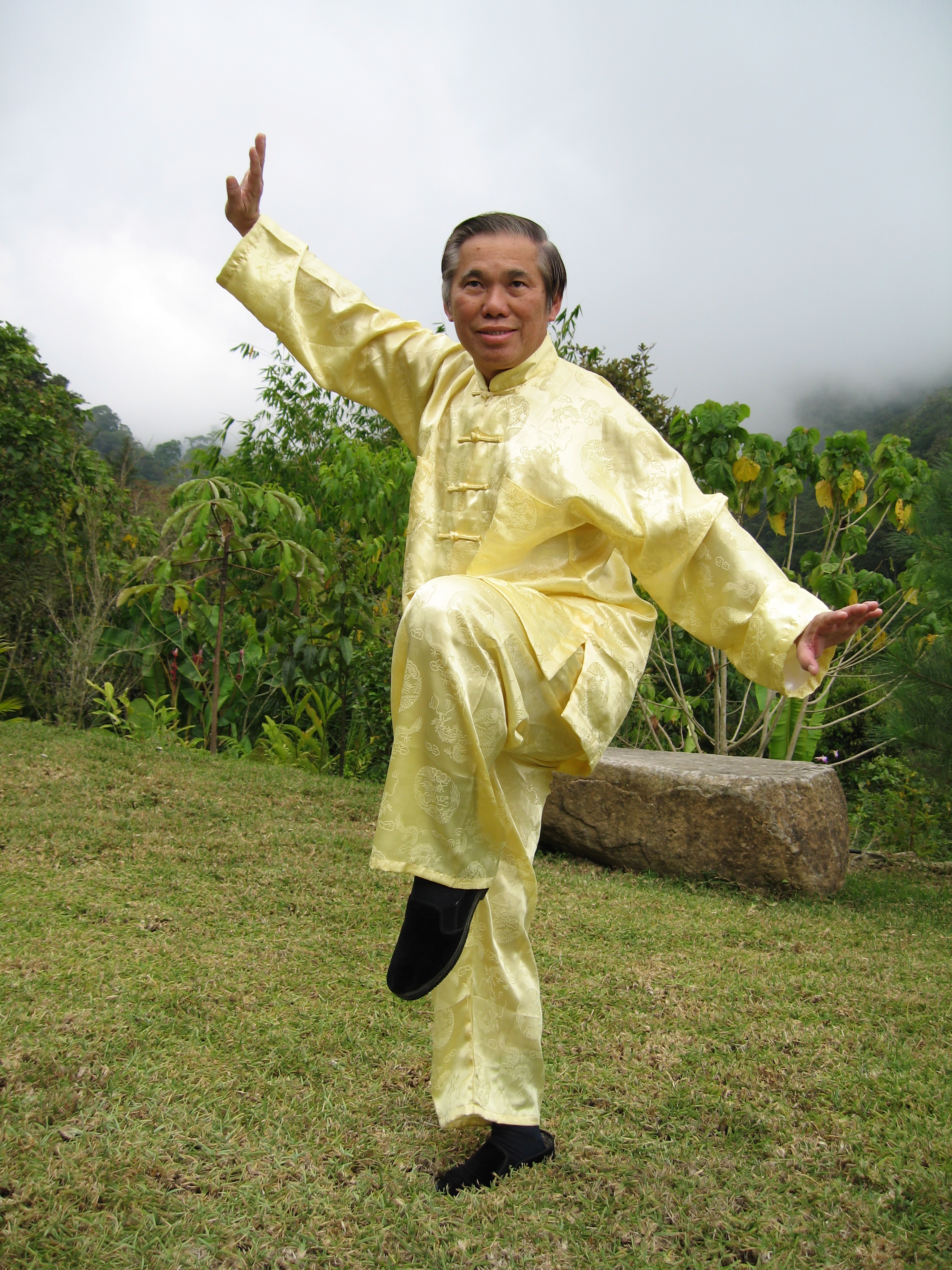MEDITATING, PHILOSOPHIZING AND BALANCE

Good Balance
Question
In the last year I've spent a lot of time just thinking, seeking understanding, making questions and questioning the foundations of those questions. I've spent time in an unschooled form of meditation, simply seeking to understand the basis of what is and what is not.
— Ryan, USA
Answer
You would be interested to know that meditating and philosophizing are different. One may meditate on various questions, or one may philosophize on them. The crucial difference is that in mediation, one uses his intuitive mind; in philosophsizing he uses his intellectual mind.
It is best to learn meditation from a master. If you do it on your own, even if you do not make mistakes, your progress will be slow and shallow.
Meditation is not just thinking about some questions, as the word may sometimes suggest in Western culture, in which case it becomes philosophizing. Meditation is the training of mind, and also the use of this trained mind to obtain wisdom. Philosophizing is the training of intellect which usually involves reasoning, and also the use of this intellect to obtain knowledge.
When Plato said that the ideal form was a circle, this knowledge was obtained from philosophizing. He arrived at this conclusion based on intellectual reasoning. When the Buddha said that the world we normally see is not ultimately real but is a creation of mind, this wisdom is obtained from meditation. The Buddha's observation was based on his direct experience. He did not reason that the world is not ultimately real; he actually perceived this truth in his meditation.
Question
It is my nature to question, that is no doubt the reason I follow no religion, but the answers that I found left me somewhat lost. Not because I didn't have a Way, but because my Way is so different from what young persons like myself are guided towards in this paradoxical, and seemingly self destructive, North American Society.
Answer
In the Buddhist teaching, if a person questions, it does not necessarily follow that he could not be religious. In fact, the Buddha encouraged his followers to question — intellectually as well as intuitively. The Buddha categorically asked his followers not to accept his teaching based on faith alone, but access the teaching to the best of their understanding and experience. He did not say, “This is the way, follow it and no other”, but he said, “This is the way I have travelled and I have found it beneficial; if you wish to have these benefits, follow this way but do not follow it blindly.”
Every person has a right to choose his own way so long as it does not harm other people. While the North American Society may not be ideal, there is no doubt that its way has brought much affluence — or decadence, in the view of some people — to its population. For example, generally North Americans do not have to worry where their next meal will come from, whereas many South Americans, Africans and Asians do. But this, of course, does not mean you have to follow the orthodox North American way. If you have discovered another way that is more beneficial, go ahead with it, but do not follow it blindly.
Question
Basically I found Balance. Interestingly enough what I use the term Balance to describe is very similar to the Tao, considering I described my Way in writing before I even knew Taoism existed. This surprised me when I did read a couple translations of the Tao Te Ching. Finding Balance guided me to seek balance of mind, body, and spirit.
Answer
Congratulations for finding balance. Not only Taoism, but all religions, including Christianity, the most prominent religion in North America, seek balance. Although I myself am not a Christian, I sincerely believe that following the Christian way is not only an effective way to attain balance of mind, body and spirit, but will also certainly enable you to be reborn in heaven in your after-life.
At the most advanced level, if you are ready, you can return to the Kingdom of God, which is not in heaven but, as Jesus himself has clearly stated, is within you. My conclusion here is not based on faith, but in line with my Buddhist teaching, is derived from understanding and experience.
LINKS
Courses and Classes
